Canola oil is a type of vegetable oil that is derived from the seeds of the canola plant, which is a type of rapeseed plant (Brassica napus). Canola oil is one of the most widely used cooking oils in the world due to its mild flavor, versatility, and various health benefits.
Canola oil is characterized by its mild flavor, light texture, and versatility in various culinary applications. It is commonly used as a cooking oil due to its high smoke point, making it suitable for frying, sautéing, baking, and other high-heat cooking methods. It is also used in salad dressings, marinades, and other recipes where a neutral-tasting oil is desired.
Table of Contents
Health Benefits of Canola Oil
Canola oil offers several health benefits due to its nutritional composition and unique fatty acid profile. Here are some key health benefits associated with canola oil:
- Heart Health: Canola oil is known for its heart-healthy properties. It contains a low amount of saturated fat and is high in monounsaturated fat, particularly oleic acid. Monounsaturated fats have been shown to help reduce LDL (bad) cholesterol levels and maintain or increase HDL (good) cholesterol levels, thereby promoting cardiovascular health.
- Omega-3 Fatty Acids: Canola oil is one of the few commonly used cooking oils that naturally contains a significant amount of alpha-linolenic acid (ALA), an essential omega-3 fatty acid. Omega-3 fatty acids have been linked to various health benefits, including reducing the risk of heart disease, inflammation, and certain chronic conditions.
- Anti-Inflammatory Effects: The omega-3 fatty acids found in canola oil, particularly ALA, have anti-inflammatory properties. Consuming canola oil as part of a balanced diet that includes other anti-inflammatory foods may help reduce inflammation in the body, which is associated with various chronic diseases.
- Vitamin E Content: Canola oil is a good source of vitamin E, a fat-soluble antioxidant. Vitamin E helps protect cells from oxidative damage caused by free radicals, which can contribute to various health conditions, including heart disease and cancer.
- Weight Management: Canola oil can be beneficial for weight management due to its moderate calorie content and high satiety factor. Including moderate amounts of canola oil in a balanced diet can help provide satiety and promote portion control, potentially aiding in weight maintenance or weight loss efforts.
- Culinary Versatility: Canola oil's high smoke point and neutral flavor make it suitable for various cooking methods, including frying, sautéing, baking, and grilling. Using canola oil in place of oils high in saturated fats can be a healthier option in cooking and food preparation.
- Cholesterol Management: The consumption of canola oil, which is low in saturated fat and contains phytosterols, may help lower LDL cholesterol levels. Phytosterols are plant compounds that have been shown to interfere with the absorption of cholesterol in the intestine, leading to a reduction in blood cholesterol levels.
It's important to note that while canola oil offers several health benefits, it should be consumed in moderation as part of a well-balanced diet. It's always recommended to consult with a healthcare professional or registered dietitian for personalized dietary advice based on individual health conditions and needs.
How to Use Canola Oil in Everyday Cooking
Canola oil is a versatile cooking oil that can be used in a wide range of everyday cooking applications. Here are some common ways to incorporate canola oil into your cooking:
- Sautéing and Stir-Frying: Canola oil's high smoke point makes it ideal for sautéing and stir-frying. Heat a small amount of canola oil in a skillet or wok over medium-high heat, then add your choice of vegetables, meats, or tofu. Stir-fry until cooked to your desired level of doneness.
- Baking and Roasting: Canola oil can be used in baking recipes as a substitute for other fats, such as butter or vegetable shortening. It adds moisture and tenderness to baked goods. Additionally, you can use canola oil for roasting vegetables or meats in the oven. Drizzle a small amount of canola oil over the ingredients before roasting to enhance flavor and prevent sticking.
- Grilling: Before grilling, brush a thin layer of canola oil onto meats, vegetables, or seafood. This helps prevent sticking to the grill grates and adds a touch of moisture and flavor.
- Salad Dressings and Marinades: Canola oil's mild flavor makes it an excellent base for homemade salad dressings and marinades. Combine canola oil with vinegar or citrus juice, herbs, spices, and other desired ingredients to create your own custom dressings or marinades.
- Homemade Mayonnaise: Canola oil can be used as the primary oil in homemade mayonnaise. Whisk together canola oil, egg yolks, lemon juice or vinegar, mustard, and seasonings until emulsified for a delicious homemade mayo.
- Deep-Frying: Canola oil's high smoke point and neutral flavor make it well-suited for deep-frying. Ensure that you use a deep pot with enough oil to fully submerge the food you are frying. Heat the canola oil to the appropriate temperature for the food you are frying, and carefully add the food, frying until golden and crispy.
- Griddle Cooking: Canola oil can be used to grease a griddle or flat-top surface for cooking pancakes, eggs, or other breakfast items. It provides a light, non-stick surface.
Remember to use canola oil in moderation as part of a balanced diet. It's always a good idea to follow recipe instructions and consider your personal taste preferences when using canola oil in everyday cooking.
What are the Different Types of Canola Oil
There are primarily two types of canola oil available in the market: refined canola oil and cold-pressed or unrefined canola oil. Here's an overview of each type:
- Refined Canola Oil: Refined canola oil is the most commonly found type of canola oil. It undergoes a refining process that involves heating, filtering, and sometimes deodorizing the oil to remove impurities, neutralize flavors, and enhance its shelf life. Refined canola oil has a light color, a mild flavor, and a high smoke point, making it suitable for various cooking methods, including frying, sautéing, baking, and grilling. It is a versatile and widely used cooking oil in both home and commercial kitchens.
- Cold-Pressed or Unrefined Canola Oil: Cold-pressed or unrefined canola oil is made using a different extraction process. In this method, the oil is extracted from the canola seeds at lower temperatures, without the use of heat or chemicals. Cold-pressed canola oil retains more of the natural flavor and nutritional properties of the seeds compared to refined canola oil. It has a slightly darker color and a more pronounced flavor. Cold-pressed canola oil may have a lower smoke point compared to refined canola oil, making it more suitable for low to medium heat cooking, dressings, and marinades. It is also sometimes referred to as "virgin" or "extra-virgin" canola oil.
It's important to note that most of the canola oil available in the market is refined canola oil, as it is more widely produced and has a longer shelf life. Cold-pressed or unrefined canola oil is relatively less common but can be found in specialty stores or health food markets.
When choosing between refined and cold-pressed canola oil, consider the cooking method, flavor preferences, and intended use. Refined canola oil is more versatile for high-heat cooking, while cold-pressed canola oil is preferred for low-heat cooking or as a finishing oil to add flavor to dishes.
Regardless of the type of canola oil chosen, it's important to read the labels and select oils that are of high quality, properly stored, and within their expiration dates to ensure freshness and optimal flavor.
Important Facts about Canola Oil
Here are some important facts about canola oil:
- Nutritional Profile: Canola oil is low in saturated fat and contains a favorable balance of monounsaturated and polyunsaturated fats. It is also a good source of omega-3 fatty acids, particularly alpha-linolenic acid (ALA), which is beneficial for heart health.
- High Smoke Point: Canola oil has a high smoke point, typically around 400°F (204°C), making it suitable for various cooking methods, including frying, sautéing, baking, and grilling. Its high smoke point means it can withstand higher temperatures without breaking down and producing smoke.
- Neutral Flavor: Canola oil has a mild and neutral flavor, which allows the flavors of other ingredients in a dish to shine. It doesn't overpower or dominate the taste of the food it is used with, making it versatile for different cuisines and recipes.
- Heart-Healthy: Due to its low saturated fat content and high levels of monounsaturated fats, canola oil is considered heart-healthy. It has been associated with improving cholesterol levels by reducing LDL (bad) cholesterol and maintaining or increasing HDL (good) cholesterol.
- Omega-3 Fatty Acids: Canola oil is one of the few commonly used cooking oils that naturally contains omega-3 fatty acids, specifically ALA. Omega-3 fatty acids are important for overall health, including heart health and reducing inflammation in the body.
- Vitamin E Content: Canola oil is a good source of vitamin E, an antioxidant that helps protect cells from damage caused by free radicals. Vitamin E has various health benefits, including its role in supporting immune function and promoting healthy skin.
- Versatility: Canola oil's mild flavor, high smoke point, and nutritional benefits make it versatile in the kitchen. It can be used for frying, sautéing, baking, grilling, salad dressings, marinades, and more.
- Sustainability: Canola oil is often touted as a sustainable option compared to other oils due to the relatively low environmental impact associated with its cultivation and production. Canola plants have high yields and require less land and water compared to some other oilseed crops.
- Availability: Canola oil is widely available in grocery stores and supermarkets, making it easily accessible for home cooking and commercial use.
As with any cooking oil, moderation is key. While canola oil has health benefits, it is still a calorie-dense food, so it's important to use it in moderation as part of a balanced diet. When choosing canola oil, opt for high-quality brands and ensure proper storage to maintain its freshness and quality.
Common Myths About Canola Oil
There are several myths and misconceptions surrounding canola oil. Here are some common myths about canola oil, along with the corresponding facts:
- Myth 1: Canola oil is not a natural oil; it is genetically modified.
Fact: Canola oil is derived from the seeds of the canola plant, which is a variety of rapeseed. While there are genetically modified (GM) varieties of canola, the majority of commercially available canola oil is made from non-GM canola plants. It's important to check labels if you have specific concerns or preferences regarding GM crops.
- Myth 2: Canola oil is unhealthy because it contains toxins.
Fact: Canola oil does not contain toxins. It is true that rapeseed plants, from which canola oil is derived, contain erucic acid and glucosinolates, which can be harmful in high amounts. However, modern canola varieties have been bred to have significantly reduced levels of these compounds. Canola oil undergoes a refining process that further removes any remaining undesirable substances, resulting in a safe and healthy cooking oil.
- Myth 3: Canola oil is high in trans fats.
Fact: Canola oil is naturally low in trans fats. Trans fats are created through a process called hydrogenation, which can convert liquid oils into solid fats. However, most commercially available canola oil is not hydrogenated, and therefore contains negligible amounts of trans fats. It's always important to check the label to ensure that the canola oil you're purchasing is not partially hydrogenated.
- Myth 4: Canola oil is not suitable for high-heat cooking.
Fact: Canola oil has a high smoke point, typically around 400°F (204°C), which makes it suitable for high-heat cooking methods such as frying, sautéing, and baking. Its high smoke point allows it to withstand high temperatures without breaking down or producing harmful byproducts. It is important to note that excessive heating of any oil can lead to the production of smoke and the breakdown of its nutritional properties, so moderation is key.
- Myth 5: Canola oil promotes inflammation in the body.
Fact: Canola oil has actually been shown to have anti-inflammatory properties due to its omega-3 fatty acid content. Omega-3 fatty acids, such as alpha-linolenic acid (ALA) found in canola oil, have been associated with reducing inflammation in the body. Including canola oil as part of a balanced diet can contribute to an overall anti-inflammatory eating pattern.
It's important to rely on accurate and up-to-date information when assessing the health benefits and risks associated with any food or cooking oil. Canola oil, when consumed in moderation as part of a balanced diet, can be a healthy choice for cooking and is recognized by various health organizations for its favorable nutritional profile.

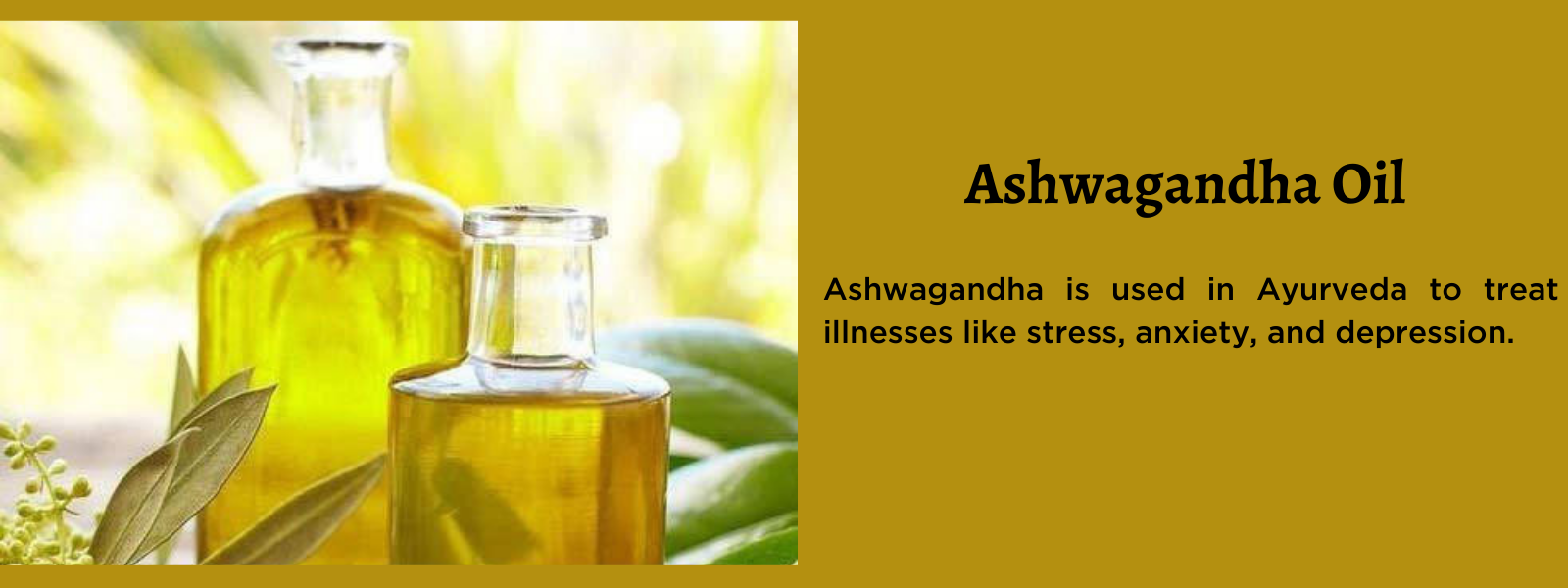
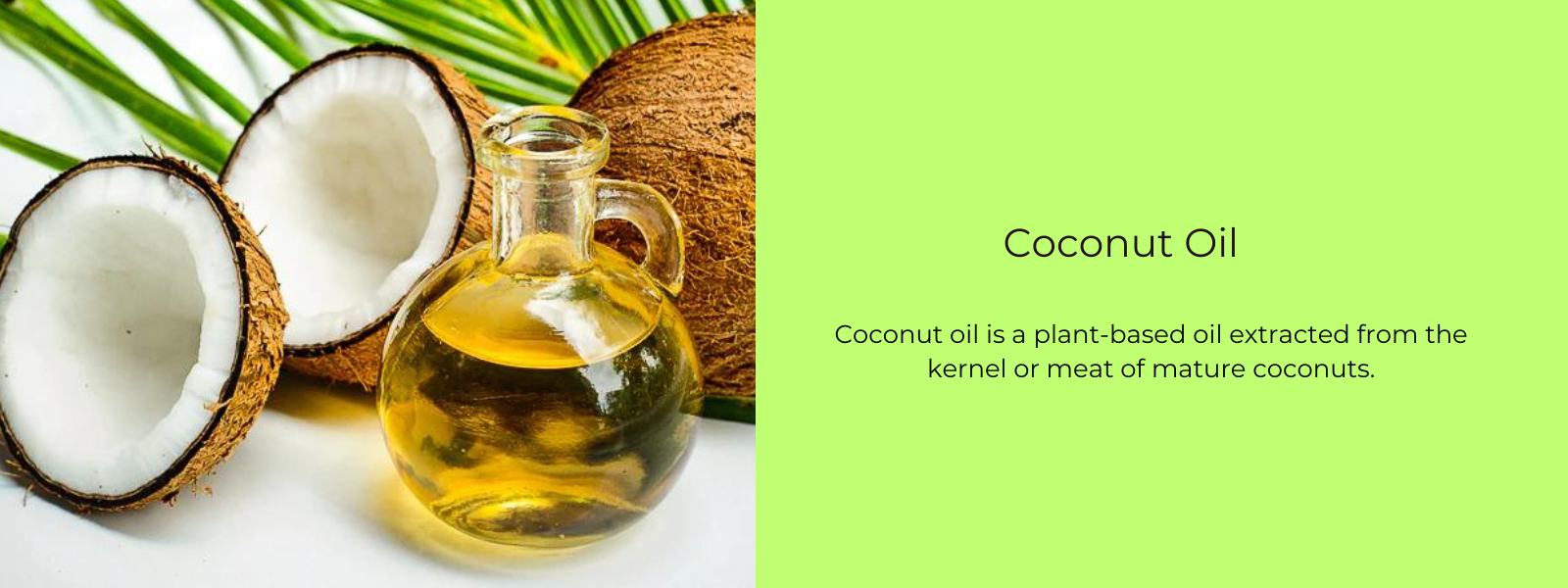
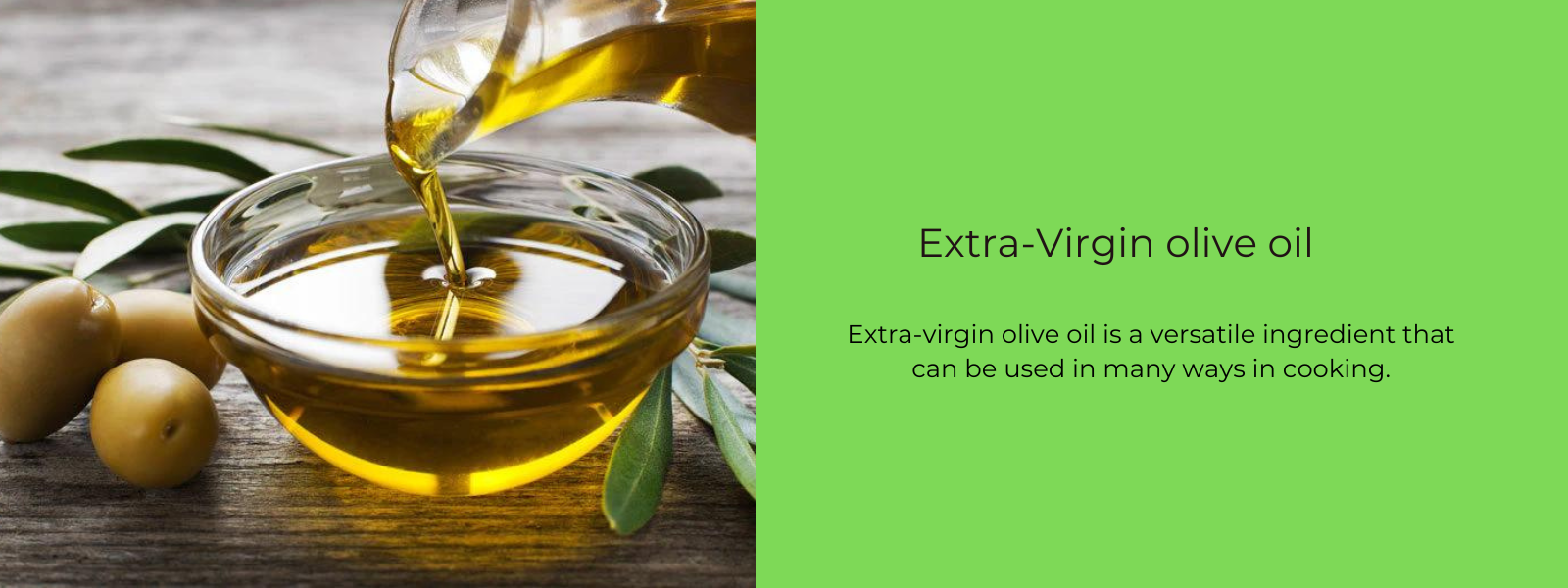
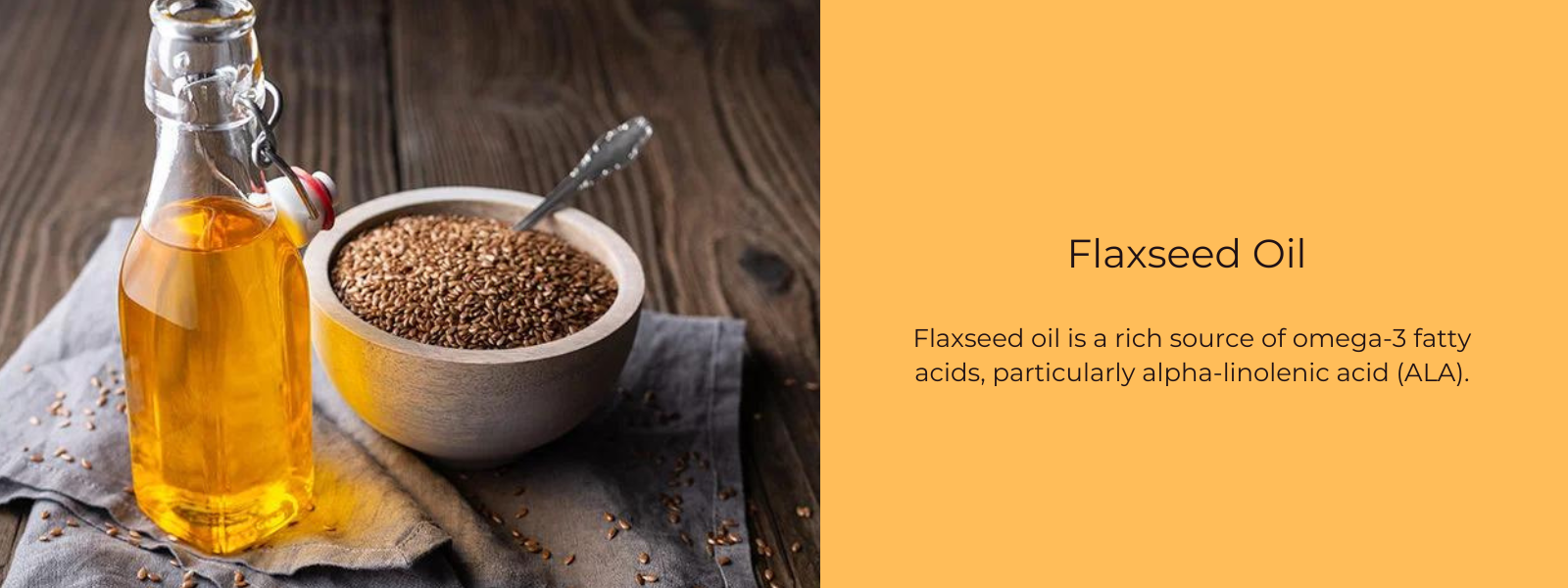
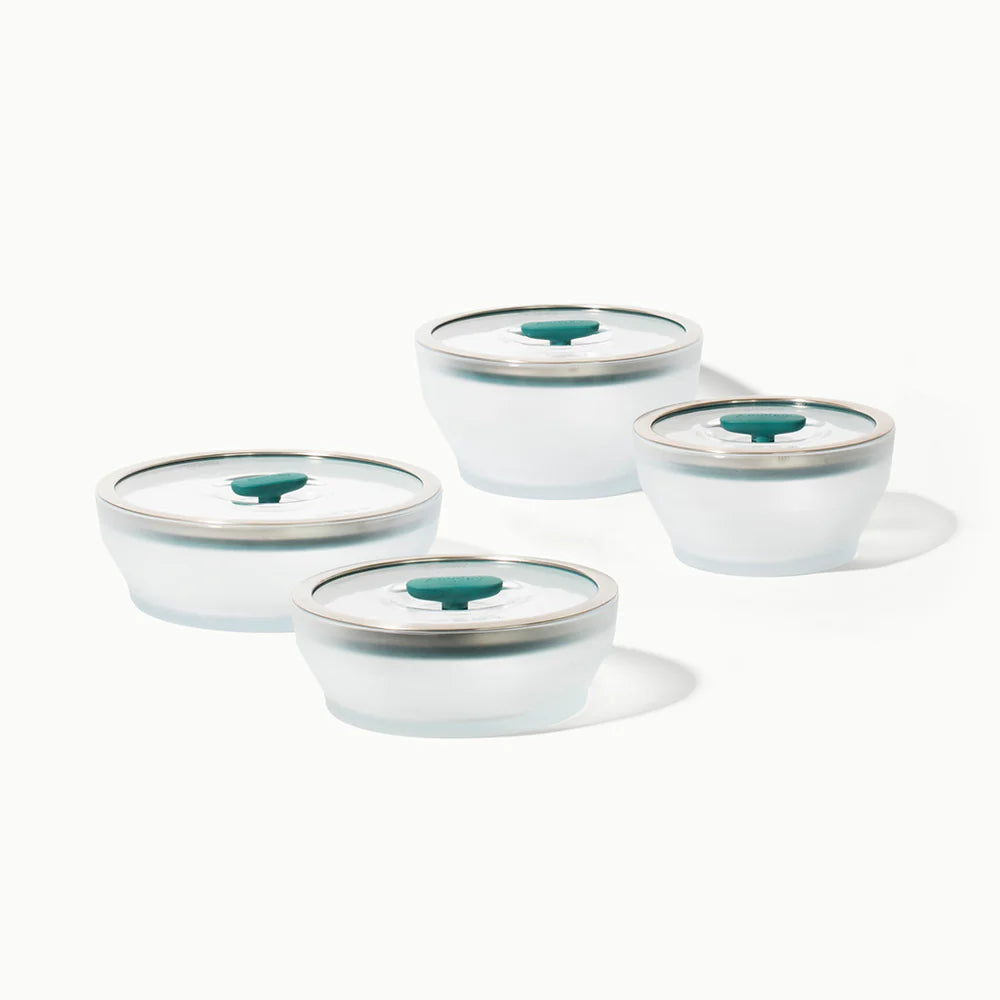
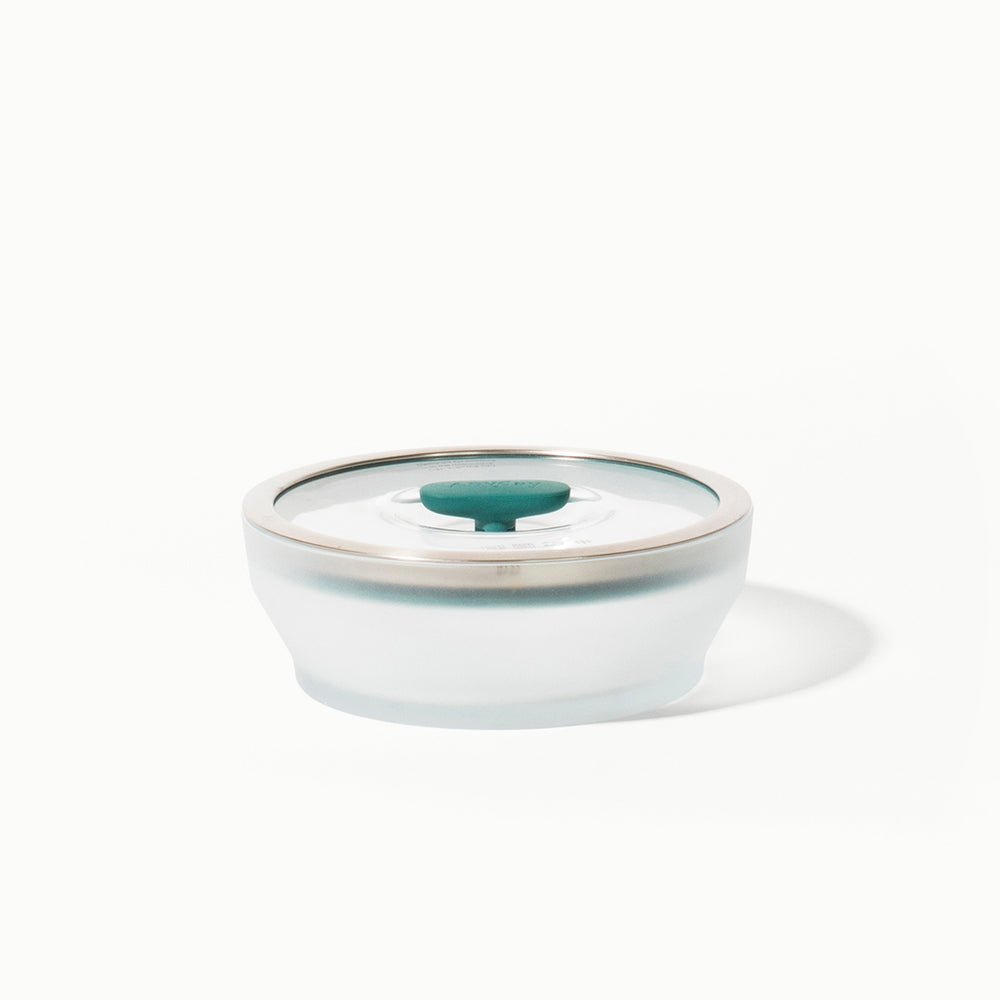




Leave a comment